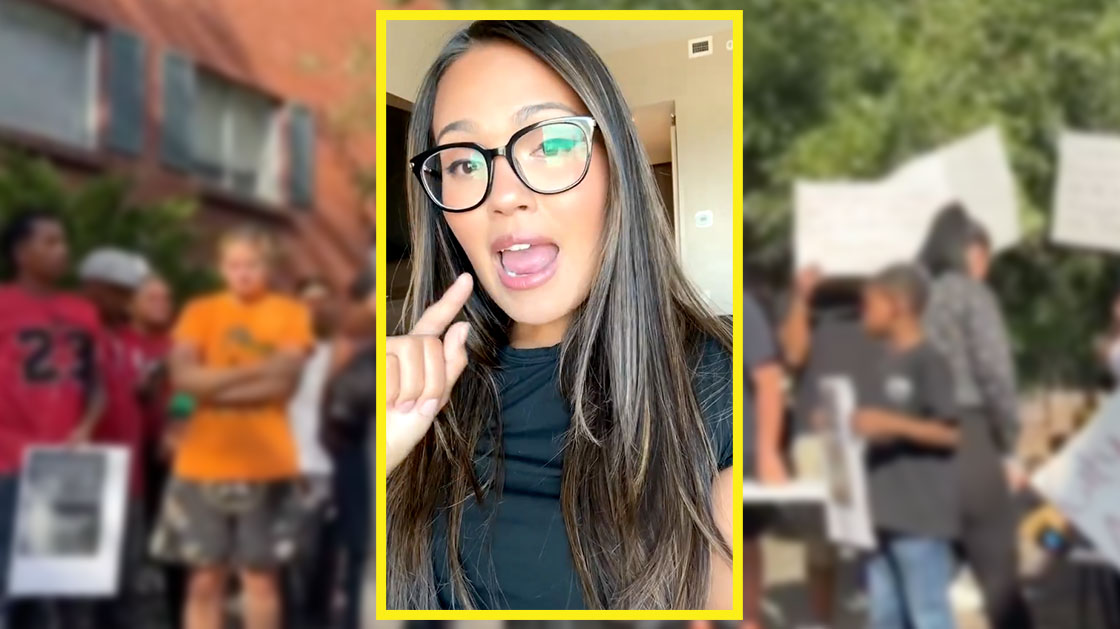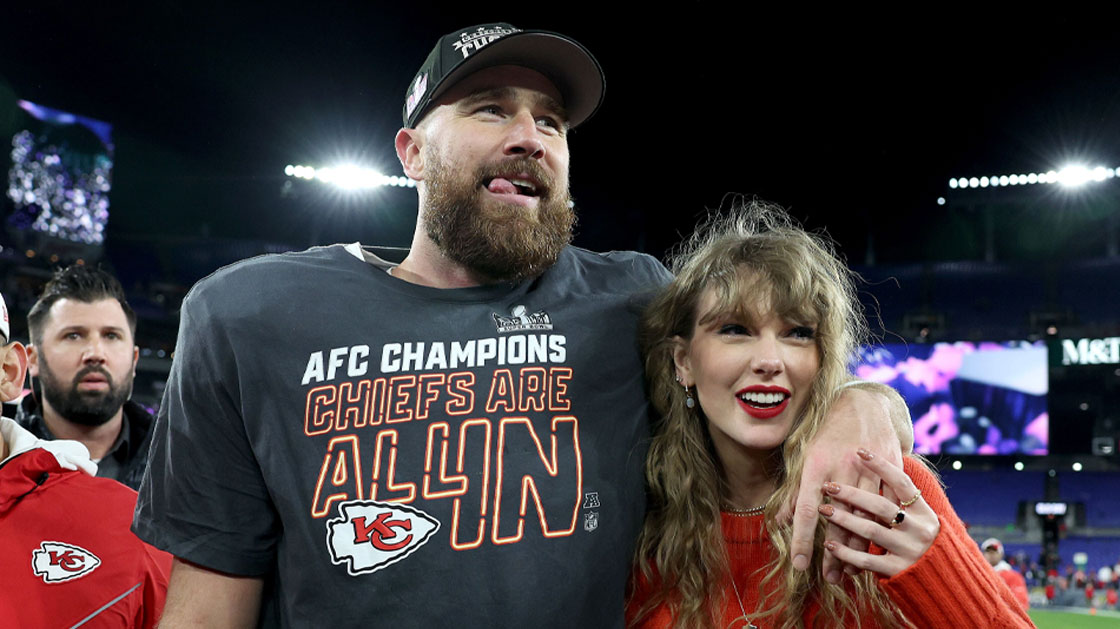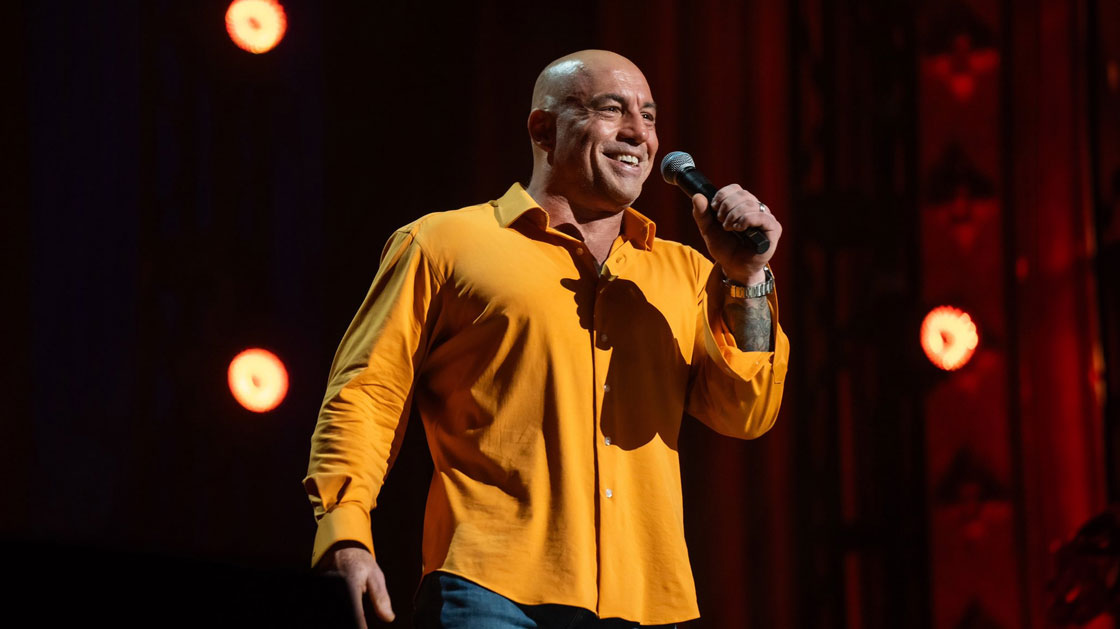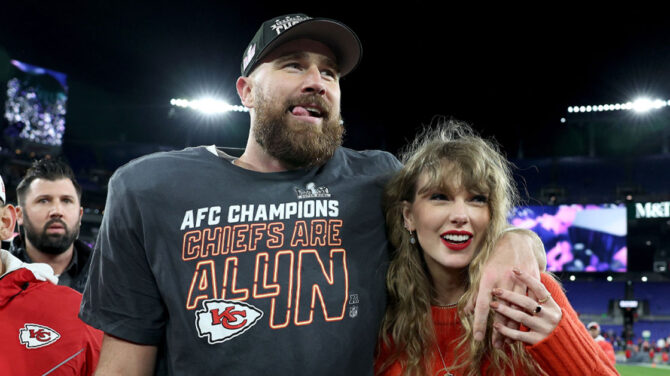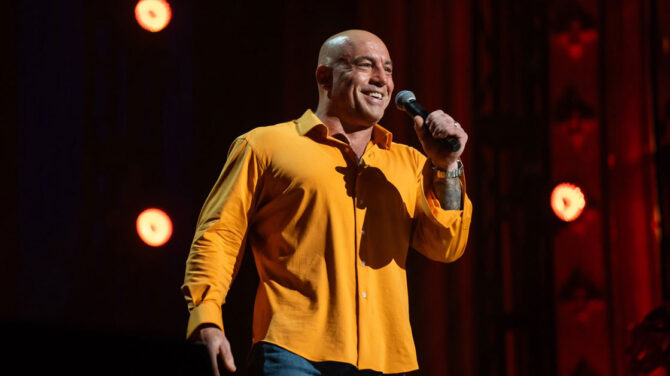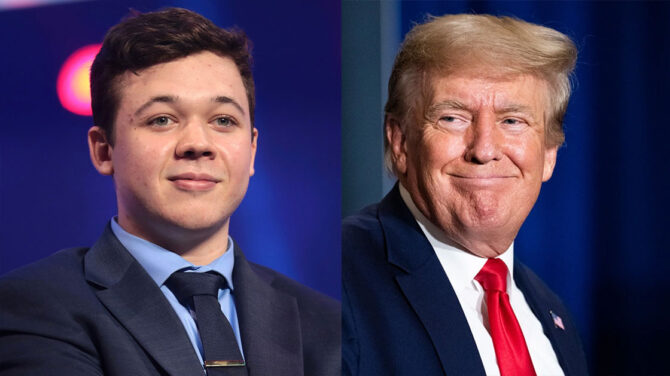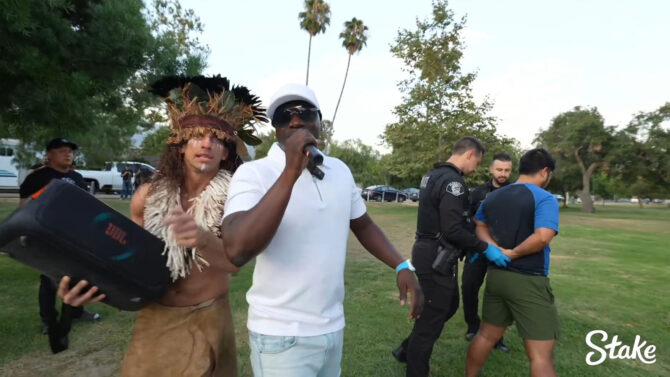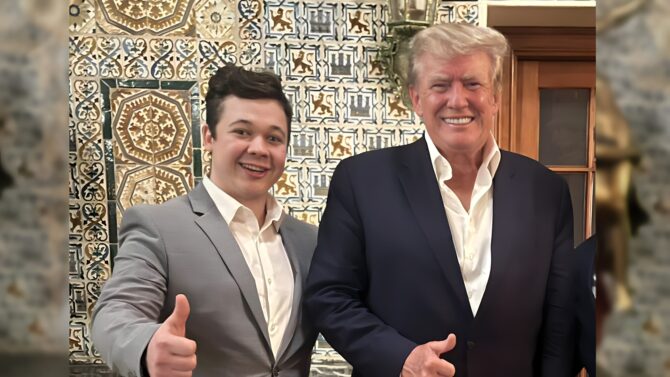
Kamala Harris Faces Scrutiny Over Alleged Racial Pandering
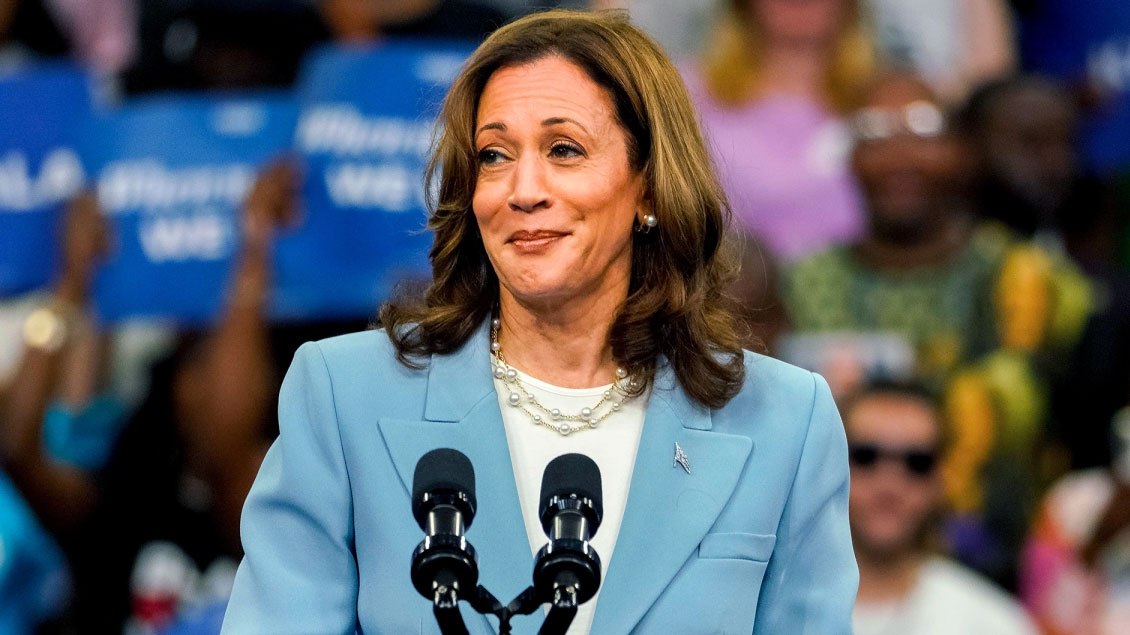
Vice President Kamala Harris has recently faced criticism for allegedly shifting her racial identity from Indian to Black in a bid to secure votes from the African-American community. Critics argue that her changing identification reflects a strategy to appeal to different voter bases, raising questions about her authenticity and motives.
Trump’s Response and Social Media Post
President Donald Trump, who has been vocal about his views on the matter, recently attended the National Association of Black Journalists in Chicago, where he expressed his concerns. “I didn’t know she was Black until a number of years ago when she happened to turn Black and now she wants to be known as Black. So, I don’t know, is she Indian or is she Black?” he stated. He also posted on Truth Social an old photo of Harris and her family wearing saris with the caption, “Thank you Kamala for the nice picture you sent from many years ago! Your warmth, friendship, and love of your Indian Heritage are very much appreciated.”
Harris’ Indian Heritage and Early Career
Evidence of Harris’ previous identification as Indian can be traced back to her early political career. In a 2003 interview with CNN, she discussed her Indian heritage and the influence it had on her upbringing. “I grew up in a household where my mother was from India and my father was from Jamaica,” she stated. “I’m proud of my Indian heritage and the values it instilled in me.”
Several years ago, Harris also participated in a cooking session with actress Mindy Kaling, where she discussed her Indian heritage. Harris and Kaling connected over the fact that they are both South Indian and were raised eating South Indian cuisine. Harris even stated that Kaling looked like “the entire one half of her family.”
PLEASE DO NOT WATCH THIS!
DO NOT! NO! DONT YOU DARE!
DO NOT SHARE THIS pic.twitter.com/0XwJLrFhzp
— Benny Johnson (@bennyjohnson) July 31, 2024
Attempts to Appeal to African-American Voters
Critics have highlighted several instances that they claim show Harris’ attempts to appeal to African-American voters. In a skit with actress Taraji P. Henson during the BET Awards, Harris said, “Yeah girl, I’m out here in these streets… The majority of us believe in freedom and equality, but these extremists, as they say, they not like us,” borrowing a line from rapper Kendrick Lamar. This performance was widely seen as an attempt to connect with African-American viewers through cultural references.
Kamala Harris: “Yeah girl, I’m out here in these streets… The majority of us believe in freedom and equality, but these extremists, as they say, they not like us.”
This is so bad….
pic.twitter.com/1PNrigFmof— ALX 🇺🇸 (@alx) July 1, 2024
Harris is not the first politician to face such accusations. Hillary Clinton also faced scrutiny in 2016 for trying to appeal to African-American voters by stating during a radio interview that she carries hot sauce in her bag, a reference to Beyoncé’s hit song “Formation.” Critics at the time accused Clinton of pandering and using cultural references to gain favor with minority voters.
Debate on Pandering Allegations
The allegations of pandering have sparked a heated debate among political commentators and the general public. Supporters argue that Harris is simply embracing her multicultural background and trying to connect with diverse communities. However, critics claim that her actions are disingenuous and a form of political opportunism, particularly noting that many African American Democrats are attracted to her as a candidate solely on the basis of identity.
As the 2024 election approaches, the controversy surrounding Harris’ racial identity is likely to continue. It remains to be seen how this issue will impact her campaign and whether voters will view her actions as genuine or a calculated political maneuver.



